5 Effective Ways to Attract More Customers with Local SEO
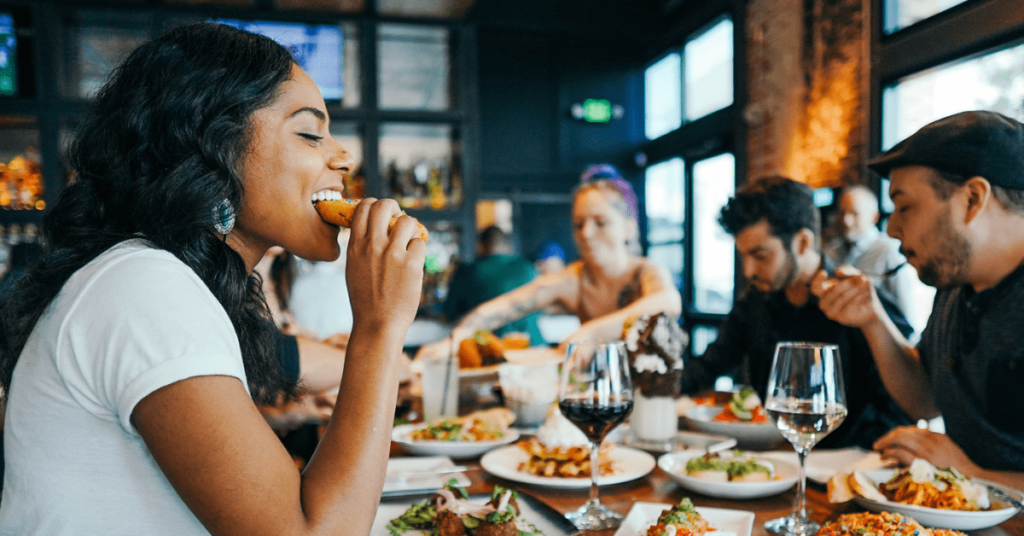
Table of Contents
If you’re looking to attract more customers to your restaurant, leveraging local SEO is a crucial strategy. Local SEO plays a significant role in digital marketing for restaurants, helping to boost your establishment’s visibility and attract local customers. By optimizing your online presence for local searches, you can ensure that your restaurant stands out in search results, maps, and review sites. Here’s how you can use local SEO to attract more customers and enhance your restaurant’s online visibility.
The Importance of Local SEO for Restaurants

Local SEO is the process of optimizing your online presence to attract more business from relevant local searches. These searches take place on Google and other search engines, often by people looking for dining options nearby. Effective local SEO can help your restaurant appear in local search results, making it easier for potential customers to find you.
Optimizing Google My Business for Restaurants
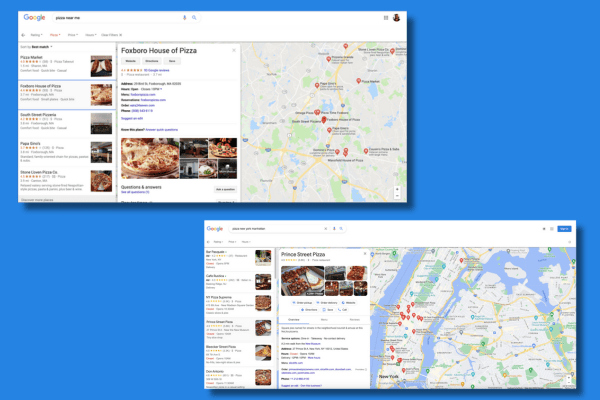
Google My Business (GMB) is a free tool that allows you to manage how your business appears on Google Search and Maps. Optimizing your GMB listing is one of the most impactful steps you can take to improve your local SEO and attract more customers.
Complete Your Profile
Make sure your GMB profile is fully completed with accurate information about your restaurant. This includes your address, phone number, hours of operation, and a link to your website. Add high-quality photos of your restaurant, menu items, and any special events. For more tips on optimizing your GMB profile, check out Google’s Guide to Google My Business.
Use Accurate Categories
Choose the most relevant categories for your restaurant to help Google understand what type of business you are. This will make it easier for potential customers to find you when they search for specific types of cuisine or dining experiences.
Post Regular Updates
Use GMB posts to share updates, special offers, and events. Regularly posting updates can keep your profile fresh and engaging, encouraging more interaction from customers.
Encourage Reviews
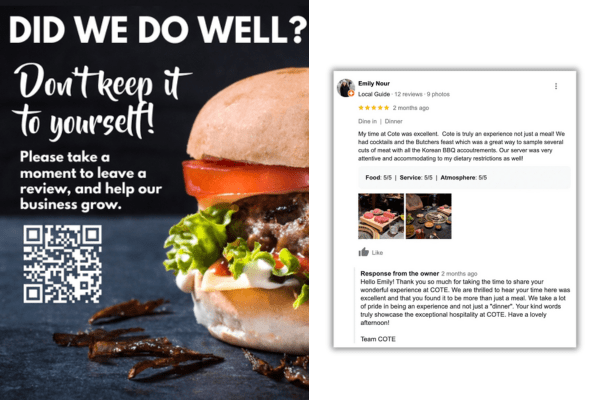
Customer reviews are a significant factor in local search rankings. Encourage satisfied customers to leave positive reviews on your GMB listing, and respond to all reviews, both positive and negative, to show that you value customer feedback. For more on managing reviews, check out Google or Yelp’s Guide.
Utilizing Local Citations
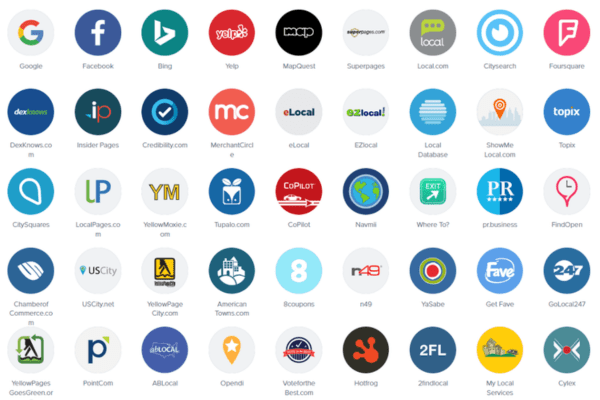
Local citations are mentions of your business’s name, address, and phone number on other websites. These citations can help improve your local search rankings and make your restaurant more visible to potential customers.
Consistent NAP Information
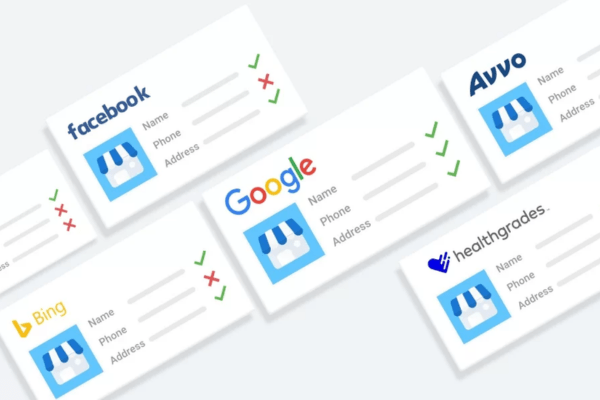
Ensure that your business’s name, address, and phone number (NAP) are consistent across all online platforms. Inconsistent information can confuse search engines and hurt your local SEO efforts.
List Your Business on Local Directories
Get your restaurant listed on popular local directories such as Yelp, TripAdvisor, and Zomato. These listings not only provide valuable backlinks but also increase your chances of being found by potential customers searching for restaurants in your area. Learn more about the importance of citations from Moz’s Local Citation Guide.
Leverage Industry-Specific Sites
In addition to general local directories, list your restaurant on industry-specific sites. For example, websites like OpenTable or Resy are essential for restaurants, as they cater specifically to diners looking to make reservations.
Choosing the Right Local Keywords

Using the right local keywords is crucial for improving your restaurant’s visibility in search results. These keywords should reflect what potential customers are searching for when looking for dining options in your area.
Research Local Keywords
Use tools like Google Keyword Planner, Moz, or Ahrefs to research local keywords that are relevant to your restaurant. Look for keywords that include your location and type of cuisine, such as “best Italian restaurant in [City]” or “vegan restaurants in [Neighborhood].”
Incorporate Keywords Naturally
Once you’ve identified your target keywords, incorporate them naturally into your website content, including your homepage, menu pages, and blog posts. Avoid keyword stuffing, as this can hurt your rankings.
Optimize Meta Tags
Make sure to include local keywords in your title tags, meta descriptions, and headers. This helps search engines understand the relevance of your content to local searches. For more tips on on-page SEO, check out HubSpot’s Guide.
Creating Location-Specific Content
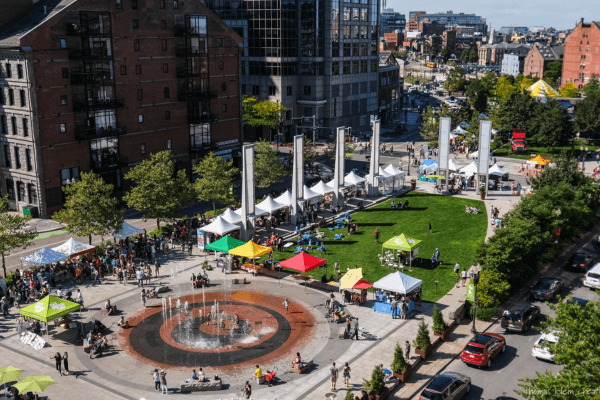
Creating content that focuses on your local area can help attract more local customers to your restaurant. This content can take many forms, from blog posts and social media updates to local event promotions.
Write About Local Events
Write blog posts about local events, festivals, and happenings that might interest your customers. For example, if there’s a food festival in your city, write a post about your participation and what you’ll be offering. For blogging tips, refer to HubSpot’s Guide to Business Blogging.
Highlight Local Partnerships
If you partner with other local businesses, write about these collaborations on your blog or social media. This not only provides valuable content but also shows your involvement in the community.
Share Local News and Stories
Share stories and news related to your local area. This could include customer stories, local ingredient sourcing, or community initiatives your restaurant supports.
Monitoring and Adjusting Your Strategy
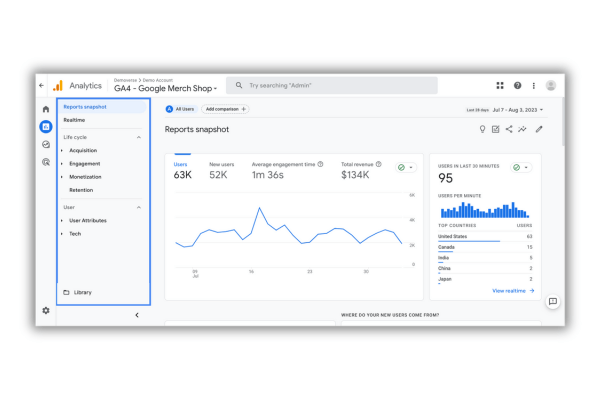
Local SEO is not a one-time effort; it requires ongoing monitoring and adjustments to ensure continued success.
Track Your Rankings
Use tools like Google Analytics and Google Search Console to track your local search rankings and website traffic. This can help you understand what’s working and what needs improvement.
Respond to Customer Feedback
Regularly monitor customer reviews and feedback across all platforms. Responding to reviews, both positive and negative, shows that you care about your customers’ experiences and can help improve your online reputation.
Adjust Your Strategy as Needed
Based on your tracking and feedback, make adjustments to your local SEO strategy. This might include updating your GMB listing, creating new content, or refining your keyword strategy.
Conclusion
Leveraging local SEO is essential for boosting your restaurant’s visibility and attracting more local customers. By optimizing your Google My Business listing, utilizing local citations, choosing the right local keywords, and creating location-specific content, you can improve your local search rankings and drive more traffic to your restaurant.
Start by implementing these practical tips and monitor your progress regularly. With dedication and consistent effort, you can achieve lasting success and become a local favorite. Here’s to your restaurant’s growth and prosperity!
Frequently Asked Questions
Google My Business is crucial for restaurants because it helps you manage your online presence across Google Search and Maps. A well-optimized GMB listing can increase your visibility and attract more local customers. For more tips, visit Google’s Guide to Google My Business.
Encouraging customers to leave reviews can be done by providing excellent service and subtly requesting reviews during interactions. Follow-up emails after dining experiences can also include a gentle reminder to leave a review. For more tips, check out Yelp’s Guide.
Local citations are mentions of your business’s name, address, and phone number on other websites. They help improve your local search rankings and make your restaurant more visible to potential customers. For more information, visit Moz’s Local Citation Guide.
Your restaurant’s blog should include articles about local events, collaborations with other businesses, customer stories, and sourcing of local ingredients. This type of content engages readers and enhances your local SEO efforts.
To optimize your restaurant’s website for local SEO, ensure your site is mobile-friendly, use local keywords naturally throughout your content, and include accurate NAP information. Regularly update your content to keep it fresh and relevant. For more on website optimization, visit Google.
Creating location-specific content can attract more local customers by highlighting your involvement in the community and making your restaurant more relevant to local searches. This content can take many forms, from blog posts and social media updates to local event promotions. For event ideas, check out Eventbrite.
